Directory
- Share
Ilaria Michelis
- Alumni
- Italy
- 2019 PhD Sociology
- Newnham College
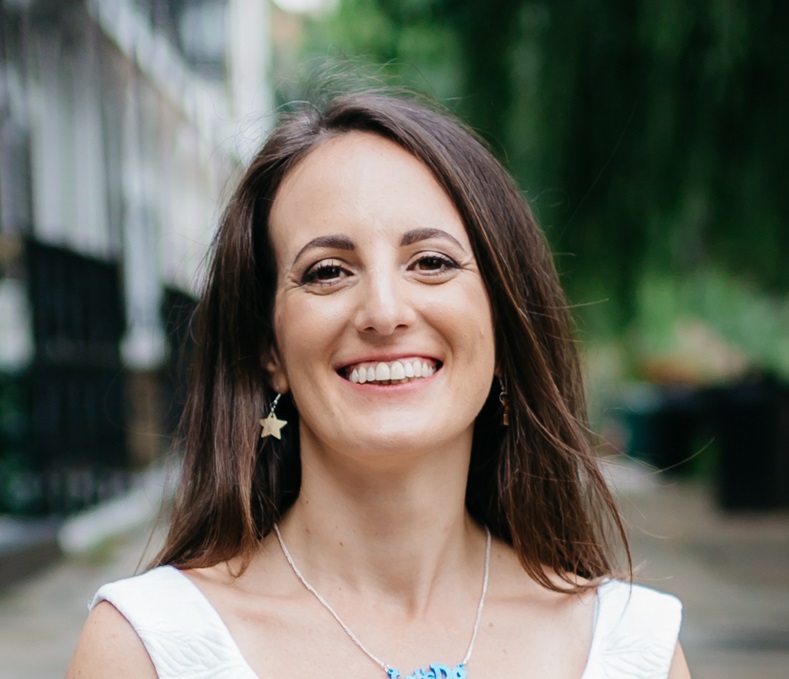
Ilaria Michelis
- Alumni
- Italy
- 2019 PhD Sociology
- Newnham College
Before recently returning to academia for an MPhil in Sociology of Marginality and Exclusion, I worked in humanitarian response for ten years, focusing on preventing and providing services to survivors of Violence Against Women and Girls (VAWG). I lived and worked in Uganda, Ethiopia, Iraq and Lebanon, and have supported programmes across the Middle East, Central and Eastern Africa, working with populations displaced by conflict. Throughout my career, I have always sought to improve the quality and extend the reach of services I provided, especially mindful of the importance of including women and girls who might be marginalised within their own community. With this goal in mind, I am taking on a PhD in Sociology to explore the introduction of the theory and practice of intersectionality within humanitarian responses from a decolonial and feminist perspective. By leveraging both my professional and research experience, I will work closely with displaced women and girls affected by violence to develop guidance for humanitarian practitioners to adopt an intersectional approach to the design and delivery of VAWG prevention and response programmes. I am also interested in exploring research methods that recognise and attend to the significant power imbalances inherent in the researcher-participant relationship in situations of displacement. As a Gates scholar, a humanitarian practitioner and a researcher I will continue to contribute to building a safer world for women and girls
Previous Education
University of Cambridge Marginality and Exclusion 2019
London School of Economics & Political Science (Un Development Management 2008
Universita Degli Studi Bologna InternationalCooperationDevel 2007
Marc Mierowsky
- Alumni
- Australia
- 2011 PhD English
- Queens' College
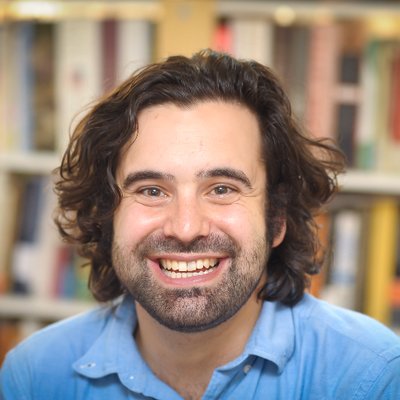
Marc Mierowsky
- Alumni
- Australia
- 2011 PhD English
- Queens' College
Marc Mierowsky is a McKenzie Postdoctoral Fellow in English and Theatre Studies at the University of Melbourne. He is one of the editors of The Correspondence of Daniel Defoe (Cambridge UP, 2021) and co-editor with Nicholas Seager of Defoe’s Roxana for Oxford World’s Classics (Oxford UP, 2022). His monograph A Spy Amongst Us: Defoe’s Secret Service and the Campaign to End Scottish Independence is forthcoming with Yale University Press.
Links
https://findanexpert.unimelb.edu.au/profile/843332-marc-mierowsky
Evan Miles
- Alumni
- United States
- 2012 PhD Polar Studies
- Trinity College
Evan Miles
- Alumni
- United States
- 2012 PhD Polar Studies
- Trinity College
I was born and raised in Portland, Oregon, in the beautiful northwest USA. My academic background is in hydrology (MS), mechanical engineering (HBS), and international studies (HBA) with minors in mathematics and Spanish. I am also an avid mountaineer and global traveller with strong humanitarian leanings. These recreational pursuits have inspired me to focus my academic interests to glaciology and alpine hydrology. My proposed research at the Scott Polar Research Institute investigates the retreat of Himalayan glaciers to predict the formation of hazardous lakes, which can have catastrophic impacts on downstream communities. Glaciology and hydrology will increase in importance through the 21st century as the impacts of climate change become more profound and marginal communities are increasingly affected.
Links
https://www.geog.leeds.ac.uk/people/e.miles
https://twitter.com/Miles_of_Ice
http://gatescambridge.org/our-scholars/spotlight.asp?ItemID=14010
Maja Miličević Petrović
- Alumni
- Serbia
- 2004 PhD English & Applied Linguistics
- Darwin College
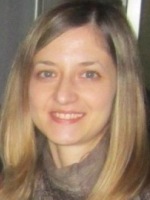
Maja Miličević Petrović
- Alumni
- Serbia
- 2004 PhD English & Applied Linguistics
- Darwin College
The main field of my PhD research was second language acquisition, i.e. the study of how non-native languages are learned. This is one of the subjects that I now teach and continue to research. I am mostly interested in how the different languages a person speaks affect each other.
Since the end of my PhD, I have worked at the University of Belgrade and the University of Bologna (which is my current institution). I am also active in a Serbia-based association that promotes empirical approaches to languages, called Regional Linguistic Data Initiative (ReLDI).
Previous Education
University of Cambridge MPhil (English and Applied Linguistics) 2004
University of Belgrade BA (Italian Language and Literature) 2001
Links
https://www.unibo.it/sitoweb/maja.milicevic2/en
https://www.linkedin.com/in/maja-milicevic-9b826045
Adam Miller
- Alumni
- United States
- 2006 MPhil Astronomy
- King's College
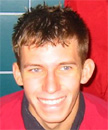
Adam Miller
- Alumni
- United States
- 2006 MPhil Astronomy
- King's College
Jonathan Miller
- Alumni
- Canada
- 2006 PhD Engineering
- St Edmund's College
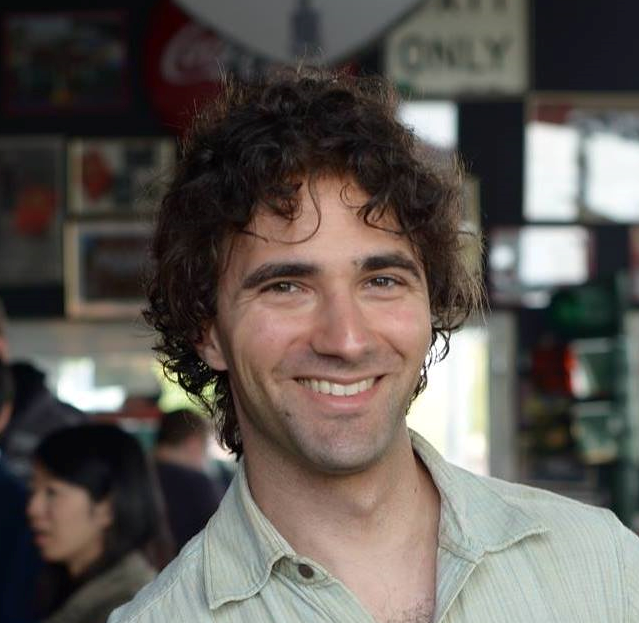
Jonathan Miller
- Alumni
- Canada
- 2006 PhD Engineering
- St Edmund's College
Being involved with the Cambridge Vehicle Dynamics Consortium (CVDC) was a formative experience. Their decades-worth of knowledge, combined with access to full-scale test vehicles and coaching from numerous sponsor companies offered me an unparalleled learning experience that straddled both academia and industry.
Previous Education
McGill University M.Eng. Mechanical Engineering 2005
University of Calgary B.Sc. Mechanical Engineering 2003
Links
Sarah Miller
- Scholar
- United States
- 2024 MPhil Medical Science at the Department of Clinical Neurosciences
- Churchill College

Sarah Miller
- Scholar
- United States
- 2024 MPhil Medical Science at the Department of Clinical Neurosciences
- Churchill College
I grew up in Long Valley, New Jersey, and it was during high school that I first developed an appreciation for the beauty and complexities of physics. I then received a Bachelor of Arts from Colgate University with a major in physics and minor in biology, while lettering in Varsity Lacrosse. There, I was a long standing member of Professor of Physics Ken Segall’s team where I investigated superconducting circuits for neurocomputational modeling with applications to epilepsy. During my summers, I additionally conducted research in bioelectronics and nano-optics. My undergraduate experiences have driven my passion to use research to address long standing medical issues and unmet clinical needs. I am pursuing a MPhil at Cambridge with Dr. Chris Rodger’s group to further develop Deuterium Metabolic Imaging (DMI) as a viable clinical tool for neuroimaging. Engaging in this research, I aspire to contribute significantly to the field of medical imaging throughout my predoctoral experience. I am honored to be joining the esteemed Gates Cambridge Community, and greatly look forward to beginning my work.
Previous Education
Colgate University Physics 2024
Kendra Millington
- Alumni
- United States
- 2009 MPhil Public Health
- Hughes Hall
Kendra Millington
- Alumni
- United States
- 2009 MPhil Public Health
- Hughes Hall
I just completed my third year of medical school at the Mayo Clinic and am pursuing an MPhil in Public Health. In the past, I have traveled both domestically and abroad primarily to provide medical care in underserved communities. I also spent the last few years volunteering in both community and smoking cessation clinics and developing health education materials. Additionally, I recently studied cultural barriers to tuberculosis screening within immigrant and refugee groups.
Gabrielle Mills
- Alumni
- United States
- 2019 PhD Chemical Engineering
- Peterhouse
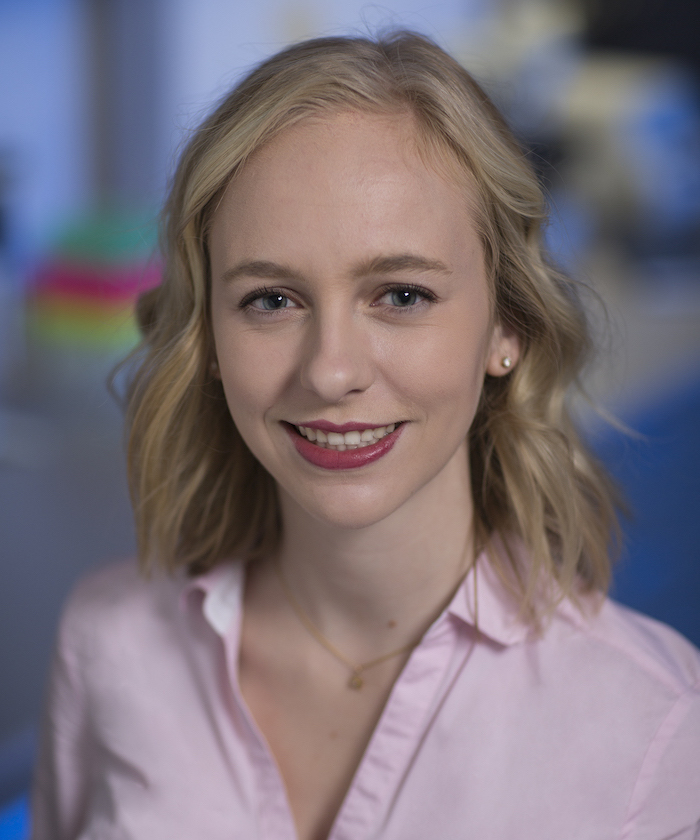
Gabrielle Mills
- Alumni
- United States
- 2019 PhD Chemical Engineering
- Peterhouse
From a young age, I expressed a keen interest in the issues surrounding infectious diseases and global epidemics. As a Biomedical Engineering student at Arizona State University, my interest in epidemiology and its engineering applications were further developed and contextualized by an additional minor in Global Health and a research internship at the Translational Genomics Research Institute. During the course of my PhD in Chemical Engineering at Cambridge, I aspire to develop novel diagnostics for C. difficile, the deadliest superbug in the United States, and C. perfringens, the second leading cause of food poisoning. With C. difficile, there is a direct correlation between mortality and the timing and choice of initial treatment. With the invention of an immediate diagnostic that detects the level of infection, mortality rates may be reduced across global communities.I seek to be a leader in the worldwide pursuit to alleviate the burden of disease on developing populations by delivering technologies that are simple, inexpensive, and—above all else—feasible in their applicable environments. I am grateful to be joining the Gates Cambridge Community and for the opportunity to network with some of the greatest intellects of our generation with the united goal of improving the human condition.
Previous Education
Arizona State University BS in Engineering Biomedical Engineering 2019
King Lemuel Mills
- Alumni
- Ghana
- 2007 MPhil Development Studies
- Hughes Hall
King Lemuel Mills
- Alumni
- Ghana
- 2007 MPhil Development Studies
- Hughes Hall
As an MPhil Development Studies student I intend to focus, among others, on the present state of Africa’s development, globalisation and its impact on developing countries, and the way forward for developing countries like Ghana. I believe Cambridge would provide me with the knowledge and exposure to make a real difference in Ghana. I strongly believe that my vision in life is shaped by Proverbs 31 from where I get my name. “Speak up for people who cannot speak for themselves. Protect the rights of all who are helpless. Speak for them and be a righteous judge. Protect the rights of the poor and needy.” (The Bible, Proverbs 31)
Previous Education
University of Ghana BA Political Science 2006
Barbara Miltner
- Alumni
- United States
- 2008 PhD Law
- Wolfson College

Barbara Miltner
- Alumni
- United States
- 2008 PhD Law
- Wolfson College
My interests in foreign cultures and charitable work have evolved through the years from overseas studies and a French language degree to volunteer work in Botswana, and five years as a foundation staff member funding Chicago non-profits and international relief efforts. In law school my discovery of refugee law allowed me to merge these interests, pursuing academic issues related to international refugee policy and personal representation of refugee clients. For 2 years I have been teaching law in Scotland, where I continued to explore gaps in international refugee protection, particularly outside territorial borders where little or no protection exists. I am particularly interested in the broader issue of treaty application when a country acts outside its own borders. A PhD at Cambridge gives me the luxury of focusing my research on a concrete legal problem that endangers lives and threatens international treaty-making and enforcement.
Marina Minic
- Alumni
- Montenegro
- 2009 PhD Clinical Biochemistry
- Clare College
Marina Minic
- Alumni
- Montenegro
- 2009 PhD Clinical Biochemistry
- Clare College
I started my PhD in 2010 after completing a specialist training in general internal medicine. In 2007 I had 3 months of intensive exposure to cutting edge research at the University of Cambridge, concentrating on the molecular genetics of insulin resistance. The project I helped to develop then, aimed to investigate the relationship between insulin and production of the fat cell hormone adiponectin, which has attracted keen interest as a marker of and potential treatment for diabetes. During my PhD I investigated a rare syndrome of human hypoglycemia and left sided overgrowth, caused by an activating mutation in a critical regulator of the insulin signalling cascade named AKT2. I am currently working towards completion of my PhD thesis, with an aim to go back to practicing clinical endocrine medicine and applying knowledge obtained during my postgraduate training in Cambridge.
Dorian Minors
- Alumni
- Australia
- 2018 PhD Biological Science at the MRC Cognition and Brain Sciences Unit
- St Catharine's College
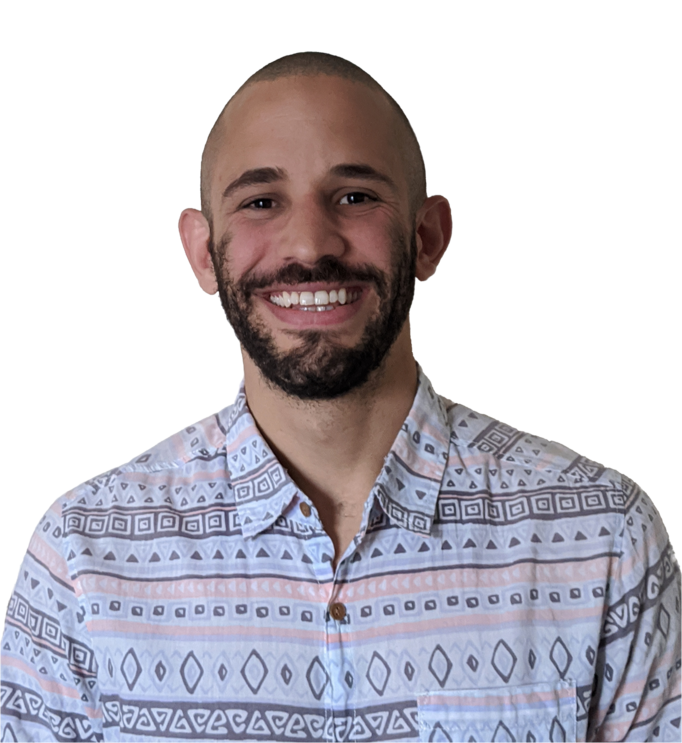
Dorian Minors
- Alumni
- Australia
- 2018 PhD Biological Science at the MRC Cognition and Brain Sciences Unit
- St Catharine's College
My research, teaching, and consultancy focus on how the brain shapes our rituals of thought, feeling, and action, how they can be improved, and how they break down. Over a decade of study and work in the domains of cognition and its disorders have informed my understanding of the mind, human behaviour, and interpersonal dynamics. My six-year tenure in the Australian Defence Force, culminating as a Platoon Commander (Infantry) leading soldiers on and off the field, has shaped my perspective on leadership, team dynamics, and operational excellence.
To sum it up briefly, my specialties are: the neural basis of intelligent behaviour; leadership, community and human systems change; and wellbeing in the brain.
Previous Education
Royal Military College, Duntroon
Macquarie University
Links
https://btr.mt
https://dorian.mino.rs
https://www.linkedin.com/in/dorianminors
Charlotte Minsky
- Alumni
- United States
- 2020 MPhil History & Philosophy of Science
- King's College

Charlotte Minsky
- Alumni
- United States
- 2020 MPhil History & Philosophy of Science
- King's College
As an undergraduate studying planetary science and history at the Massachusetts Institute of Technology (MIT), I had always thought of my scientific and humanistic interests as disparate. As a sophomore, I participated in the pilot MIT and Slavery project, researching MIT's historical relationship to slavery and its legacies. This project illuminated for me some of the deeply entrenched ways science and technology are entangled in structures of oppression. I realized that not only could I combine my passions for science and history, but it is in fact imperative for my scientific field to wrestle with its own historical legacies. Although biomedical and anthropological pursuits are more visibly embedded in contexts such as colonialism and slavery at their surface, the physical sciences are equally grounded in these structures. At Cambridge, I plan to focus on the history of the late modern physical and earth sciences - their institutions, technologies, materials, and networks - against this background. I hope to build bridges between scientists and scholars of history of science and science and technology studies, and encourage my colleagues in planetary science to interrogate and situate their work in context.
Previous Education
Massachusetts Institute of Technology Planetary Science & Astronomy 2020
Tashfina Mirza
- Alumni
- Bangladesh
- 2012 PhD Pathology
- Clare College
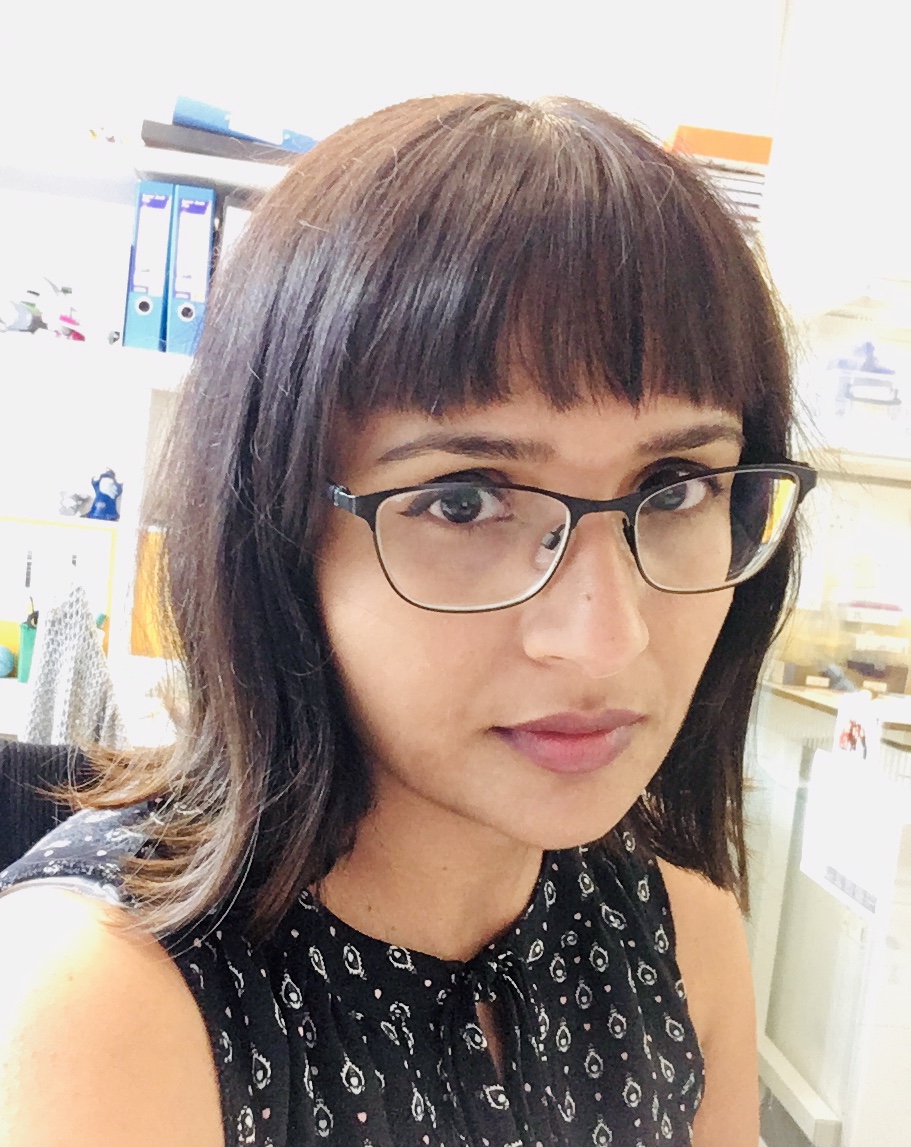
Tashfina Mirza
- Alumni
- Bangladesh
- 2012 PhD Pathology
- Clare College
As a Gates scholar, I completed my PhD in Pathology with a project in cancer genomics where I used CRISPR technology (then very new) to elucidate the function in cancer progression of a gene of interest. After brief postdoctoral positions at the University of Cambridge, I worked as a research scientist in Genetic Modification Services at the Francis Crick Institute, where I was a molecular biologist and also established their bioinformatics pipeline for validating long reads (using Nanopore sequencing) to identify any CRISPR unintended edits. That lab provided bespoke gene edited mice for the various research labs at the Crick. I am currently a senior scientist in Gene Editing at the Wellcome Sanger Institute, which provides a similar CRISPR-edited bespoke gene modification service, but does so in induced pluripotent stem cells rather than mice.
Usama Javed Mirza
- Scholar
- Pakistan
- 2022 PhD Education
- Wolfson College
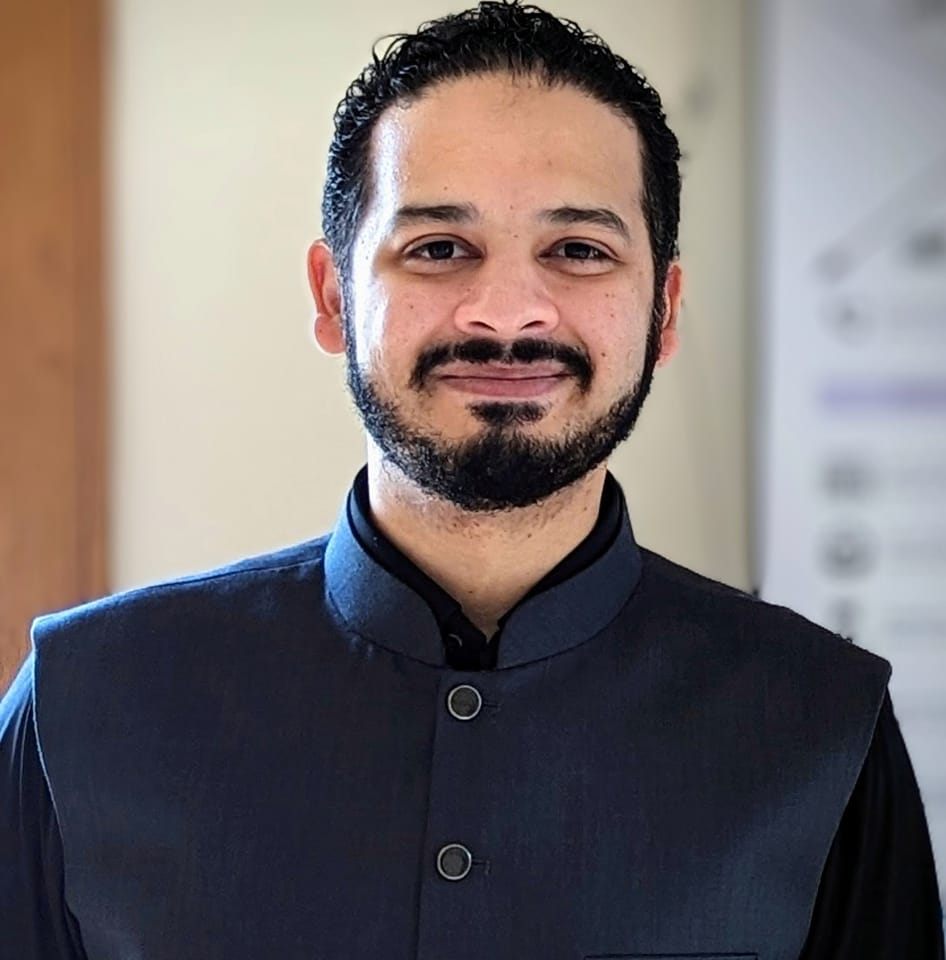
Usama Javed Mirza
- Scholar
- Pakistan
- 2022 PhD Education
- Wolfson College
I studied Physics and Philosophy at LUMS (Pakistan), and then Education as a Fulbright Scholar at Teachers College Columbia University. I am also a New York state trained Emergency Medical Technician. In the last decade I have worked as an educator and education policy consultant. In 2017 I founded Saving 9, a social enterprise dedicated to transforming mindsets in order to save lives; pioneering initiatives such as launching Pakistan's first women-run ambulance, the world's 2nd mental health ambulance and creating a novel Socio-Emotional Inclusion Index that measures how well regions are catering to the mental wellness of youth. Through my work, I came to realise that countless social problems are aggravated by lack of conversations around science and religion. I also realised that many of these challenges are a consequence of the ongoing impact of centuries of colonialism in the Global South. This is why my PhD research focuses on decolonising science education from within an Islamic framework. I am doing this by contributing both to educational philosophy for Muslim educators, and by conducting participatory action research with Muslim schools to reimagine science education at the secondary school level. This research will provide rich learning on public policies for social issues and help identify roadblocks that hinder citizens of postcolonial Muslim countries from making substantial contributions to the natural sciences.
Previous Education
Columbia University Teachers College Education 2017
Lahore University of Management Sciences Physics 2013
Links
Ananya Mishra
- Alumni
- India
- 2014 MPhil Modern South Asian Studies
- Corpus Christi College
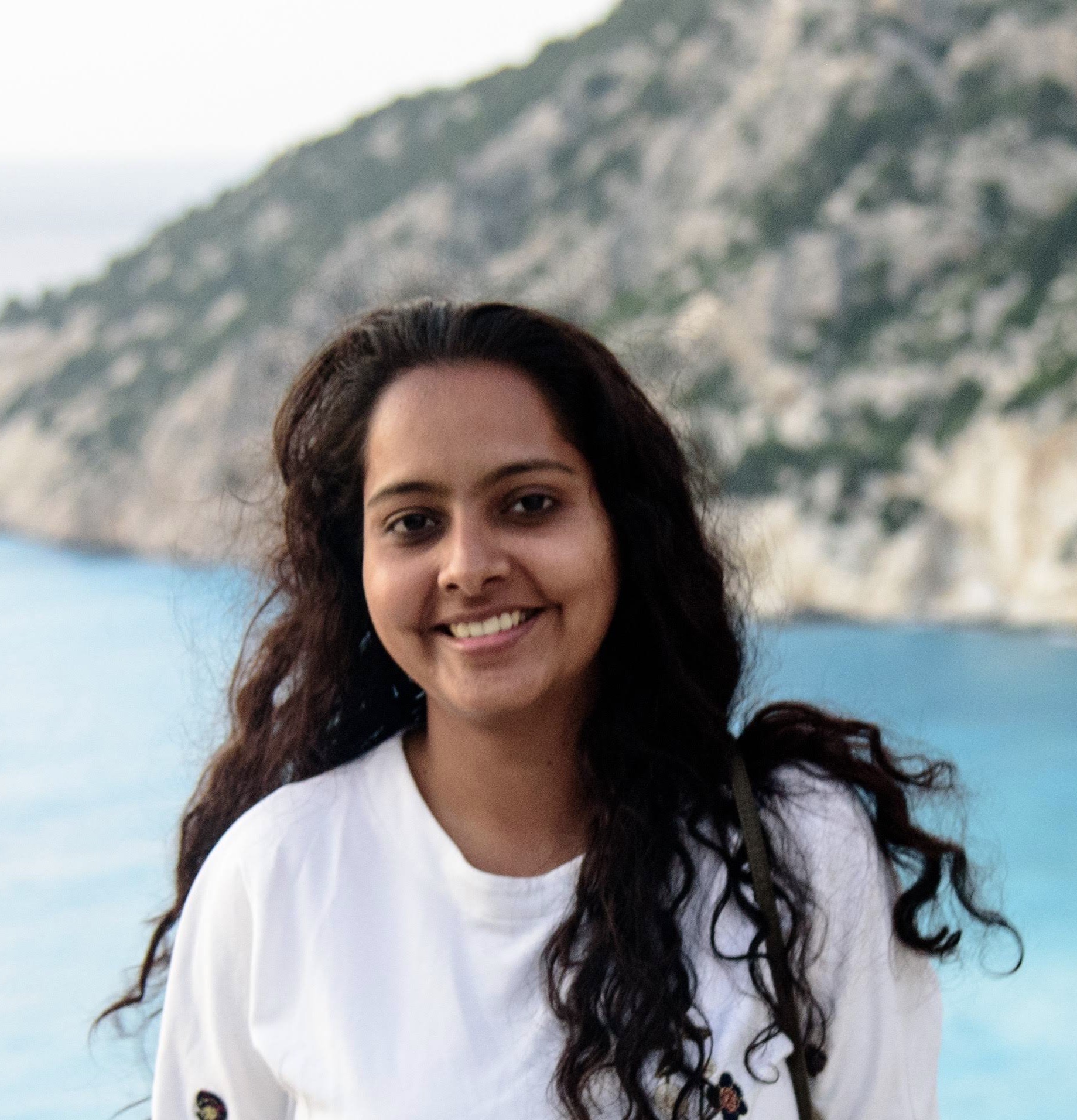
Ananya Mishra
- Alumni
- India
- 2014 MPhil Modern South Asian Studies
- Corpus Christi College
I work on comparative Indigenous literatures from India, Australia and North America. As a Gates Scholar (2014-15) at Centre for South Asian Studies, I researched Adivasi song cultures and oral histories. I am the co-founder of Untold Histories Museum Tours at the Museum of Archaeology and Anthropology, Cambridge which was awarded Outstanding Student Contribution to Education by Cambridge Centre for Teaching and Learning. In 2019, I co-founded Bread Theatre and Film Company (www.breadtheatreandfilm.co.uk), a collective that produces and supports distinctive cross-boundary theatre and art-forms that establish alternative narratives at the heart of artistic spaces.
Sunjay Mishra
- Alumni
- United States
- 2003 MPhil Technology Policy
- King's College

Sunjay Mishra
- Alumni
- United States
- 2003 MPhil Technology Policy
- King's College








